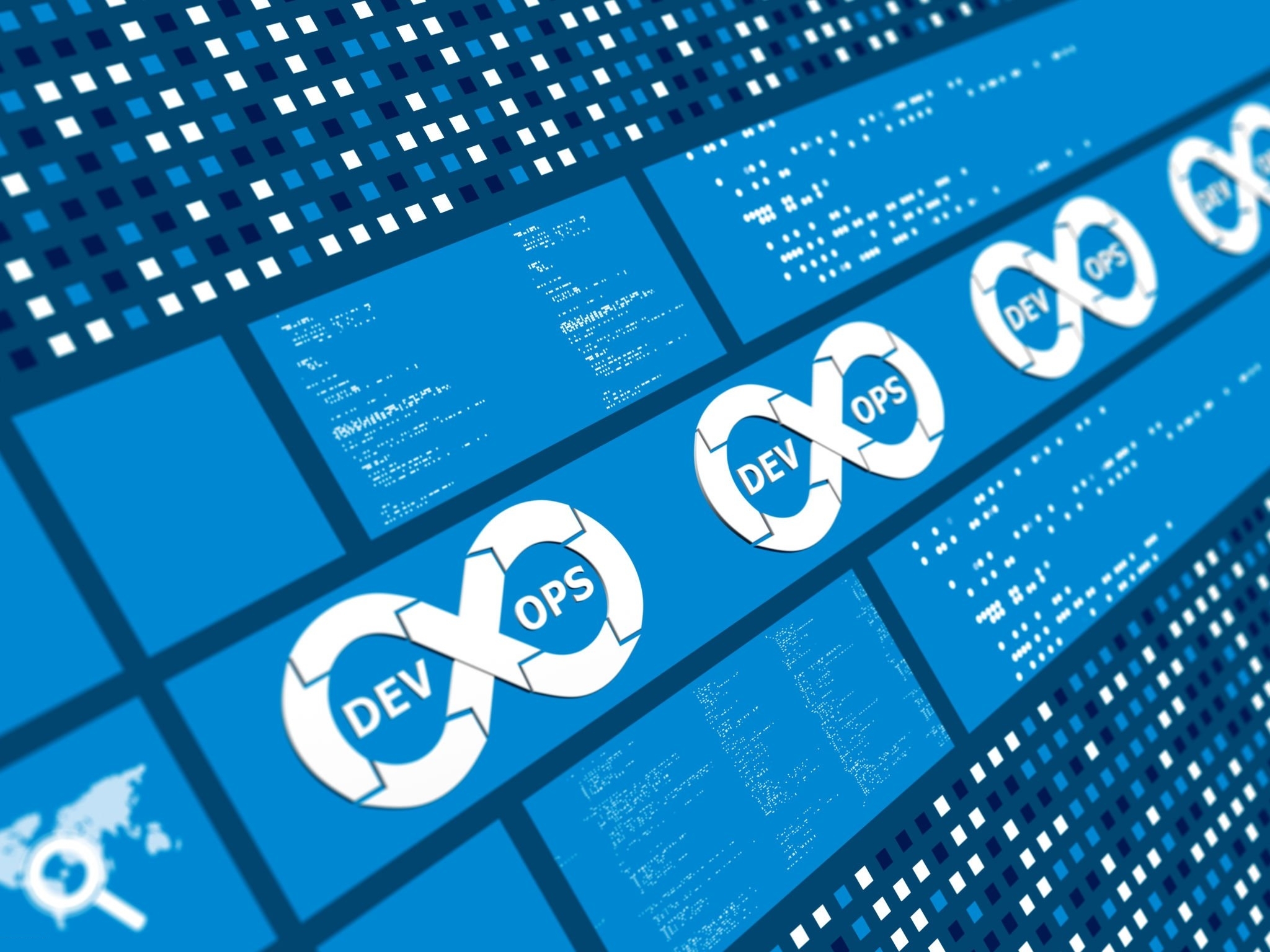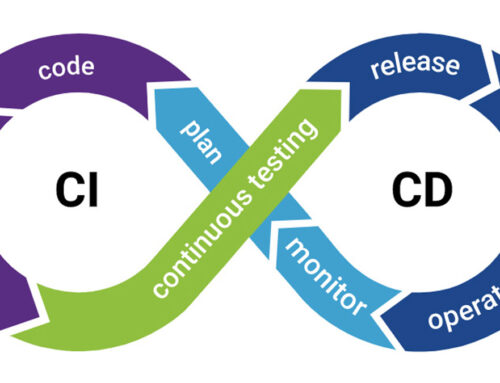The age-old struggle between developers and database administrators or operations teams often creates bottlenecks in the software development process.
Developers may find themselves stuck in a slow, bureaucratic process when they need access to databases, while administrators and operations teams have their own concerns about security and resource allocation.
Enter DevOps: the key to bridging the gap and fostering a culture of collaboration for faster, more efficient software development.
What is DevOps in software development?
DevOps is an approach that unifies development and operations teams, enabling them to work together throughout the entire software development life cycle.
This collaborative mindset aims to break down organizational barriers and promote shared responsibilities, leading to higher-quality products and more efficient processes. By adopting DevOps practices, both teams can leverage the same tools and techniques, streamlining their workflow and enhancing communication.
For instance, operations teams might use GitHub’s content repositories, just like their developer counterparts, in order to automate and accelerate the software development process.
Defining the roles of developers and operations teams in the DevOps process
While developers and operations teams work together in a DevOps environment, their roles within the software development process are clearly delineated:
Role of engineers in the DevOps development process:
- Gathering resources
- Designing
- Developing
- Testing
- Refining the product backlog
- Ensuring continuous delivery
Role of the operations team in the DevOps development process:
- Maintenance and deployment
- Managing software security
- Server and storage configuration management
- Renting out server space
- Managing software outages
Key benefits of DevOps automation in software development
The DevOps methodology has revolutionized software development by breaking down barriers between teams and accelerating the development timeline.
By adopting DevOps automation, organizations can reap numerous benefits that streamline the software development process and ensure the delivery of high-quality products.
Key benefits of DevOps automation in software development:
- Enhanced testing capabilities: DevOps automation enables more efficient functional and non-functional testing, making it easier to scale the system when required. Constant regression testing ensures that the software can handle heavy traffic and maintain its reliability and speed.
- Improved product quality: DevOps in software engineering helps create high-quality products quickly while minimizing costly development waste. The ability to deploy software from the source code stage allows for faster releases without waiting for approval from multiple stakeholders, as long as the code meets the necessary criteria.
- Faster deployment: Introducing DevOps automation into the application development process speeds up deployment, allowing new features and bug fixes to reach users more quickly. This results in higher user engagement and satisfaction.
- Accelerated time-to-market: DevOps promotes collaboration among developers, system administrators, QA testers, and other IT professionals, resulting in faster product delivery to the market. In traditional setups, development and operations teams often work independently, leading to slow communication and extended timelines. However, with DevOps, information is shared rapidly, enabling issues to be resolved during the development process rather than during deployment.
- Enhanced security: Security is a critical consideration in software development, but security vulnerabilities often come to light much later in the process. Implementing DevOps automation in testing improves organization-wide security and fortifies your software against potential weaknesses. This is achieved by bringing critical teams responsible for security together, ensuring that security considerations are addressed throughout the software development life cycle (SDLC).
In conclusion, embracing DevOps automation in software development offers numerous advantages, including improved testing capabilities, higher product quality, faster deployment, accelerated time-to-market, and enhanced security.
Adopting this approach, organizations can streamline their software development processes, reduce inefficiencies, and deliver superior products to their customers.












